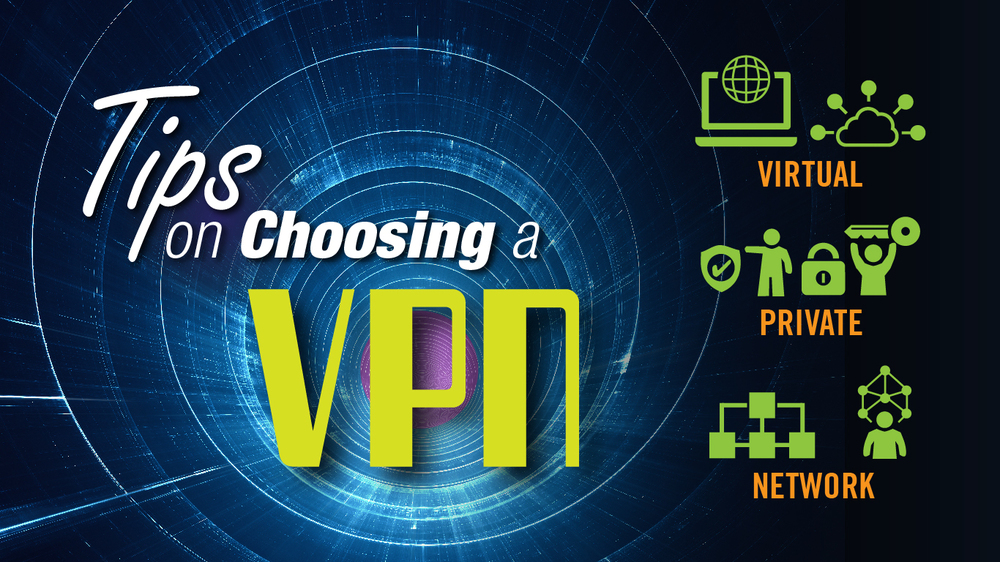
How to Choose a VPN
The list of negative side effects of the COVID pandemic seem to be never-ending, and now we can add the explosion of cyberattacks on our home office to the list. As millions of Americans are now working from home, they send and receive sensitive information, they manipulate customer data (often personal or financial in nature), and they handle intellectual property that, if stolen, could be devastating for companies.
We have explored mitigating measures in the past—keeping anti-virus software up to date, not falling for phishing expeditions, and so on—but probably the best way to keep the connection between you and your company secure is to invest in a solid Virtual Private Network (VPN) service. (In most instances, your employer’s IT department will set up the VPN for you while you’re connected to their network. If you work for yourself or simply want a more secure internet experience, you can set up a VPN on your own in under 10 minutes.
Think of a VPN as a straight tunnel, reinforced with concrete, that connects your home computer (or laptop) to your office network. A standard internet connection, by contrast, is the 8 lane highways, detours, shoulders, and teenage drivers outside Atlanta. All your data flies free, opening your company and you up to data breaches and other cyberattacks.
While most VPNs provide the same general type of protection, there are so many to choose from that you should ask yourself the following questions to determine which service is right for you:
• Do you need to access content from international sources? Some VPNs can mask your IP location so you can access content that might be blocked otherwise.
• What browser do you use? Some VPNs only work with Google, some with Edge, some with multiple, browsers and so on.
• How many services do you need? Beginners may be fine with a basic service. If you need more advanced actions like creating blacklists, find a more comprehensive service.
• What level of security do you need? If you’re handling confidential or extremely sensitive information, consider services that offer “military-grade encryption” and a kill switch that automatically severs your connection to the internet if your VPN fails.
Most VPN services are between $5 and $10/month (depending on your billing plan) and can be set up and maintained with minimal effort. But this simple fix will provide the safety and security you (and your company!) can rely on to protect what matters most.
To compare the top VPN services on the market and choose the one right for you, visit this page.

